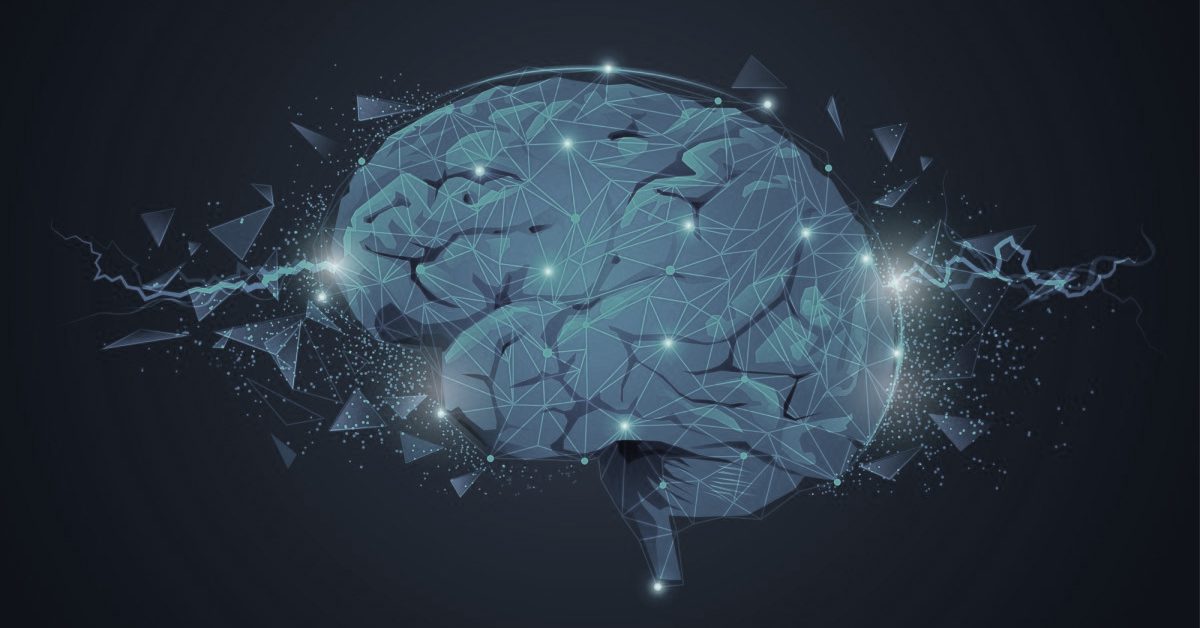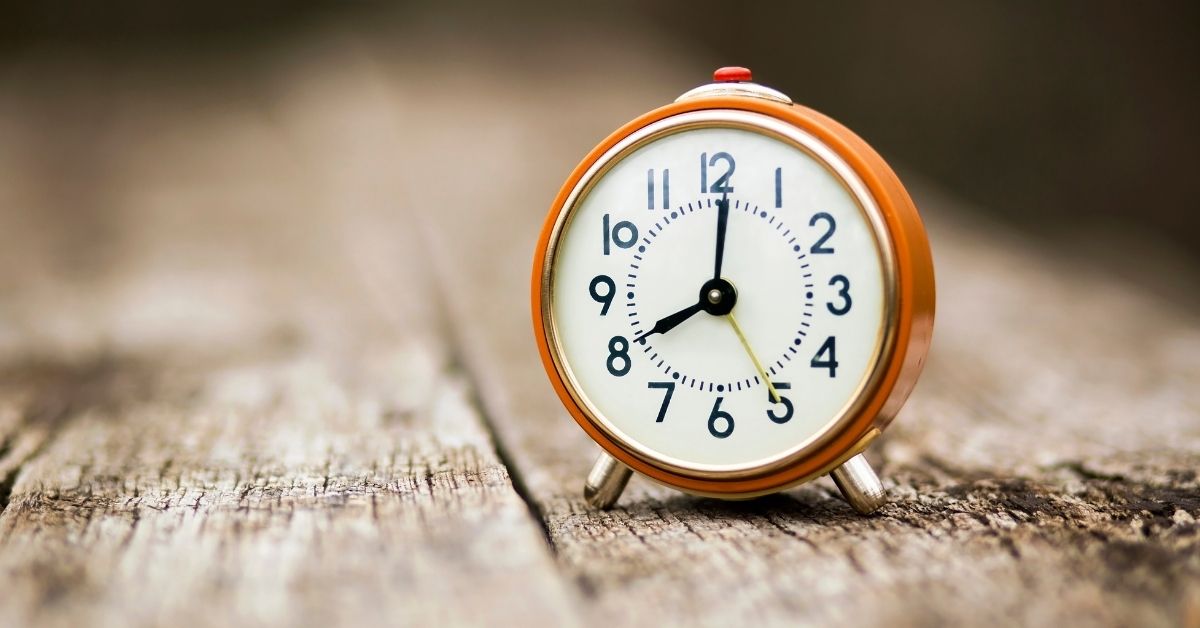Biography
The antenatal period was moderately smooth. Shanthi was born at full term by natural delivery with a birth weight of 3.45 kgs. The birth cry was delayed, with hypoxia and neonatal seizures, and the neonate required oxygen and ventilatory support for a week. By 21 days of birth, she was re-admitted with high fever and respiratory distress with a diagnosis of pneumonia. Bouts of diarrhoea continued till the third year. There was delay in cognitive, language and motor developmental milestones and she uttered the first meaningful word and walked unsupported only at the age of 4. To add to this, she showed autistic-like symptoms of bizarre behaviours and auditory hypersensitivity. Covering both ears, which she repeats often – even while watching a movie on TV – is in all probability a learned behavior linked to anxiety. Children with ASD are known to become fearful of potential unpleasant noises.
Shanthi’s anxiety repertoire extends to strong separation anxiety of a pathological nature, and that may account for her daily ritualistic morning tantrum when she has to attend school. She watches the clock every moment and believes in an obsessive-compulsive manner that her life and the life of her family members revolve around the ticking of the clock. OCD traits are not uncommon in adolescent females with ASD. She awaits her father and elder brother’s return from the day’s work at the expected hour. With even a 10 minute delay, she paces the floor and shortly after, all hell breaks loose! Curiously, she throws a lesser tantrum even if they return from work early, as this disturbs her need for ‘sameness’ and routine.
Shanthi is selectively aggressive and violent at home, beating her mother, the primary caregiver, even without provocation, pinching the elder brother if he switches on the TV without her permission, and breaking objects. While at home, she opposes the figure of authority with screams, when she does not wish to satisfy a demand, bordering on oppositional defiant behaviour but shows remorse when the mother cries.
Attention-seeking, access to preferred items/activities and elimination of demands may be the likely reasons for her to maintain this aberrant behaviour cluster. She has poor self-care skills and is partially dependent on the mother for ADL, especially in areas of personal hygiene.
At school she is a near gem, except for occasionally kicking a classmate for ‘not falling in line’. Then there is the familiar, prolonged holler between class sessions in which she indulges. Her expressive language is poor, but she receives, comprehends and has good retentive power. Immersed in academics, while at school, she has completed two subjects (Science and English) of the Open School Examination with scribe assistance.
With even a 10 minute delay, she paces the floor and shortly after, all hell breaks loose!
Buddhi Notes : Prodigiously Particular
There is little disposition to generalise from these particulars or to integrate them with each other, causally or historically, or with the self. In such a memory there tends to be an immovable connection of scene and time, of content and context (a so-called concrete-situational or episodic memory)-hence the astounding powers of literal recall so common in autistic savants, along with difficulty extracting the salient features from these particular memories, in order to build a general sense and memory. It is characteristic of the savant memory (in whatever spher-visual, musical, lexical) that it is prodigiously retentive of particulars.
Oliver Sacks, Neurologist & Writer on the Savant Brain
Assessment Reports
The Clinical Specialists Observations –
Intact systemic examination. Flaccid tone of all muscles, muscle power 4+, diminished deep tendon reflexes and plantars bilaterally flexor.
EEG Report :
The sleep EEG shows bilaterally symmetrical tall sharp waves in stage 2 sleep. This is an abnormal record.
DST:
Age of 7 years was attained based on parameters of functioning
ISAA SCORE:
73 – indicating mild autism
CBCL:
Externalizing syndrome – aggressive behaviours with co-morbid. Internalizing syndrome – withdrawn/depressed and anxious.
VSMS:
Social age of 8 years and 9 months, and a social quotient of 19, indicating profound deficit in social adaptive functioning.
ICF Neurodevelopmental Disability Assessment
Issues present in mental, neuromuscular and movement areas. No major structural deficits. Significant issues present in the subdomains of learning, applying knowledge, communication, general tasks and demands.
Response To Therapy
Shanthi co-operated for the therapy. Though there was no significant benefit, her mother was pleased with the procedure and requested a longer period of therapy.
Prof. Dr. ESK and the Vidya Sagar team felt that the physical disability status required review, and the Trimed-Neurokrish senior physiotherapist was called in to assess the client. The report reads as follows:
“Normal muscle tone, muscle power 4+, with low endurance. Flat feet with externally rotated lower limb while walking. Atypical gait. Decreased fine motor skills but good gross motor activity.”
The unacceptable behaviours may be explained by the biopsychosocial model of multifactorial risk factors. Structured behavioural modification sessions along with parental skill training may benefit Shanthi and reduce parental stress.




